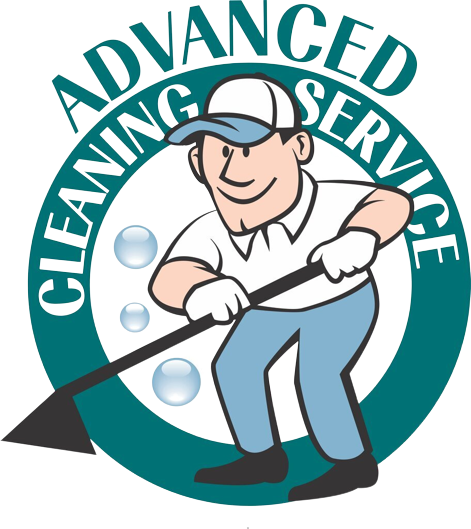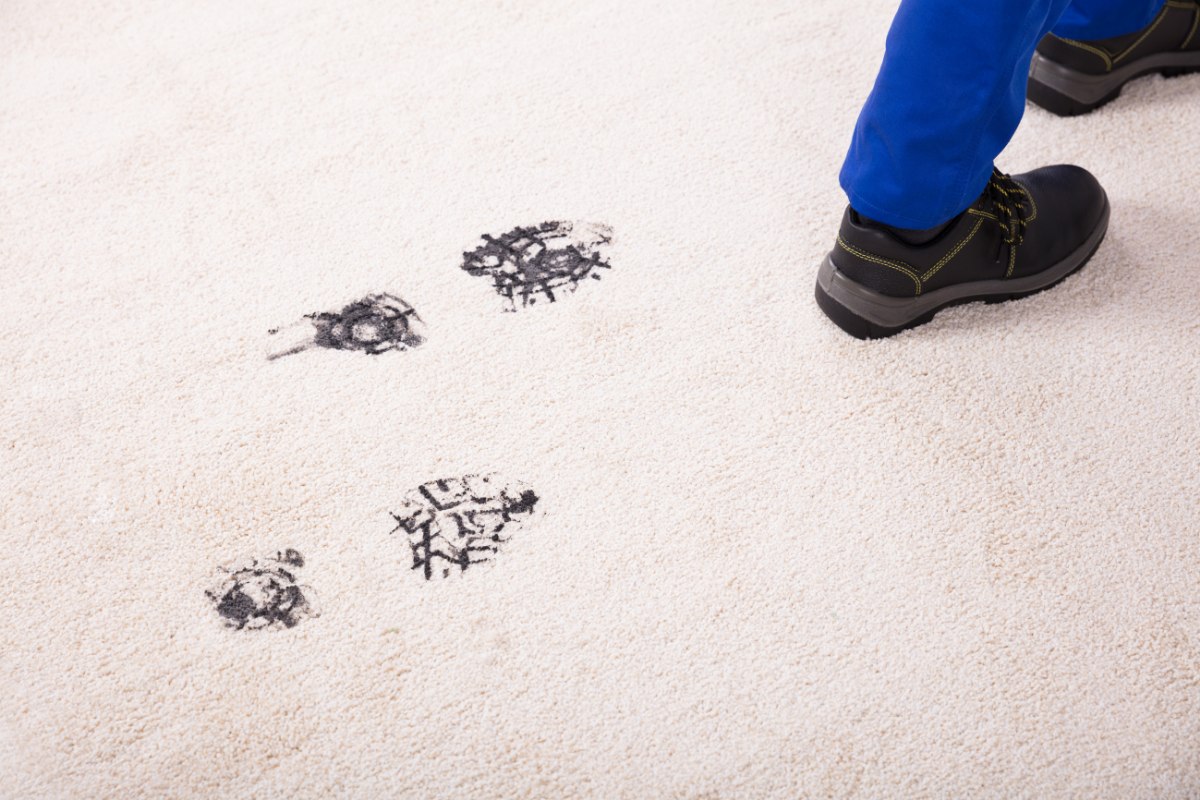Shoes, as we know, travel everywhere. They go across bathroom, store, and kitchen floors; they trespass lawns, roads, sidewalks, and more. According to a Livewire article, there are literally tens of thousands of bacteria on every square inch of the bottom of a shoe. This means that there are many germs on your shoes. By learning what you can track into your home or office on your shoes, you can also learn just how important clean floors are to your health and your home or office’s cleanliness.
Escherichia coli (E. coli)
Escherichia coli, colloquially known as E. coli, is one of the most common forms of bacteria found on the bottom of people’s shoes. E. coli, which frequently makes the news for contaminating everything from salad bars to chicken eggs to raw meat, is a (typically) food-borne pathogen that transmits through touch. While it’s not easily transmitted from footwear (unless you have some peculiar culinary rituals), it’s still present, which means that when you walk from your office to the office kitchen you are trekking in bacteria. Now, that’s food for thought.
Clostridium difficile (C. diff)
Another bacterial agent that is among the most robust gastrointestinal havoc-wreakers is Clostridium difficile or C. diff. This bacterial malady is generally transmitted through fecal matter, which means it’s contracted to your footwear in the bathroom.
The impacts of C. diff are as unsettling (actually, more so) than the contraction method. C. diff presents like salmonella at the onset with loose and sometimes bloody output. Weight loss, fever, and pain are similar outcomes; further, C. diff is a known trigger for colitis conditions. C. diff must be treated in a hospital setting; because it is highly transmittable, hospital staff will wear protective suits to treat anyone who has contracted this superbug (it is one of the acknowledged superbugs), and family of anyone contaminated with this agent will need to heavily sanitize toilets, bedding, clothing, etc. that may have come in contact with the affected party. In an office setting, heavy remediation of facilities including the kitchen will be merited.
Staphylococcus aureus (Staph)
The most dangerous bacterial agent (no, it wasn’t c. diff) is Staphylococcus aureus or staph infection. Staph is easily transmittable through skin-to-skin contact. It’s frequently found on people’s shoes, which means if a person touches their footwear and then you or a surface you come into contact with, then you are at risk of contracting staph.
Staph, which is highly contagious, can cause skin lesions as a well as nausea or vomiting. When and if the bacteria invade the body internally or if the person infected has a compromised immune system, staph can result in death.
Lawn and Other Chemicals
Lastly, germs on your shoes likely to be transported into the home or office are chemicals and pesticides, which are picked up as you walk across lawns, sidewalks, and drives. Grass and dirt, which also adhere to shoes, often carry these chemicals. Exposure to these agents can harm children, pets, and—of course—you. It’s common knowledge that cancers and other illnesses are linked to lawn chemicals.
Stop Your Tracks with Clean Floors
While it may be an option to instill a “no shoes in the house” policy at home, such cannot be implement in the workplace; further, the jury is out in some research as to whether removing shoes is as effective as one would like to believe (of course, it can’t hurt).
The primary way to salvage your floors in the home or office from the germs on your shoes is by having clean floors. Floors that are routinely vacuumed and then sanitized with agent-killing cleansers will ensure that whatever you track into your home doesn’t make its way to your, to your kids’, to your family’s, or to your coworkers’ immune systems.
Staying ahead of what’s tracked into your home or office on a daily basis can be an almost impossible challenge. This is where you call in the pros! Advanced Cleaning, which services the Algood and Cookeville, TN areas, leaves floors in homes and offices sparkling and sanitized. Contact us for a consultation and to learn more about how we can help you live a happier, healthier, cleaner life.




